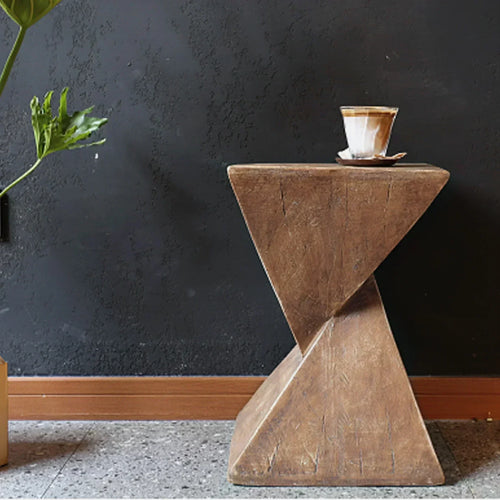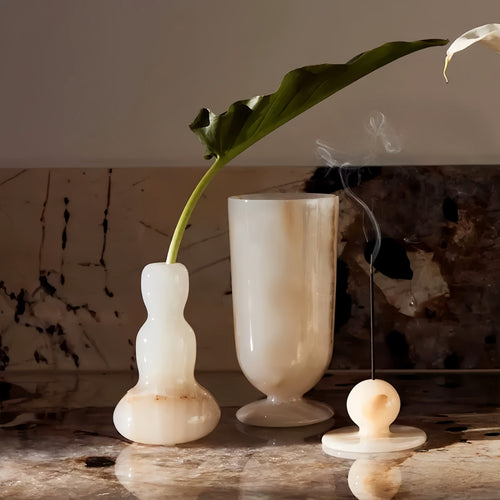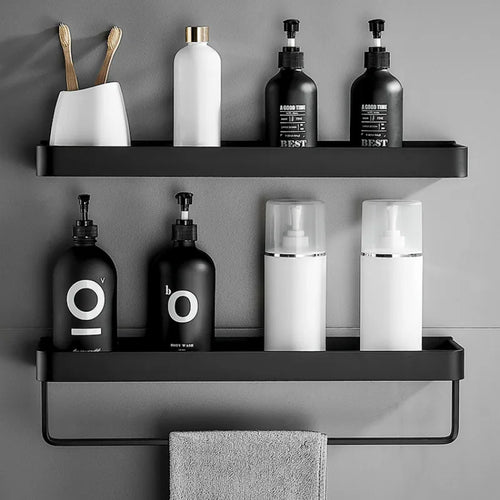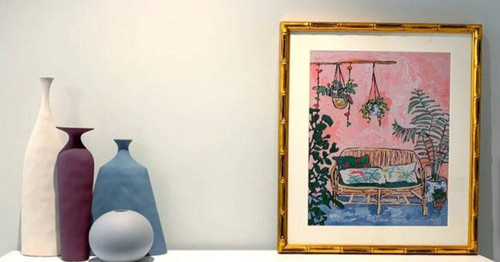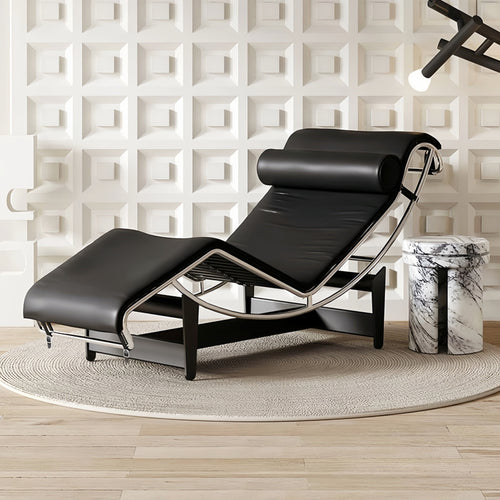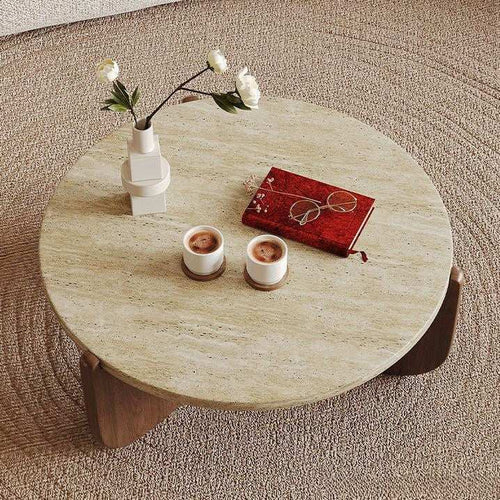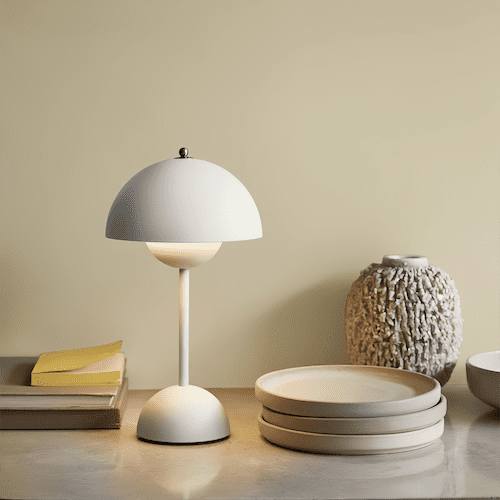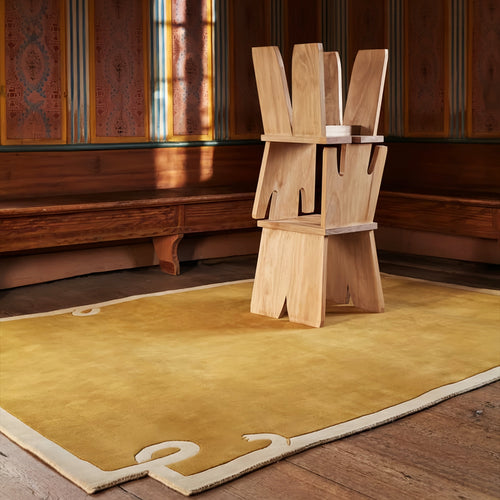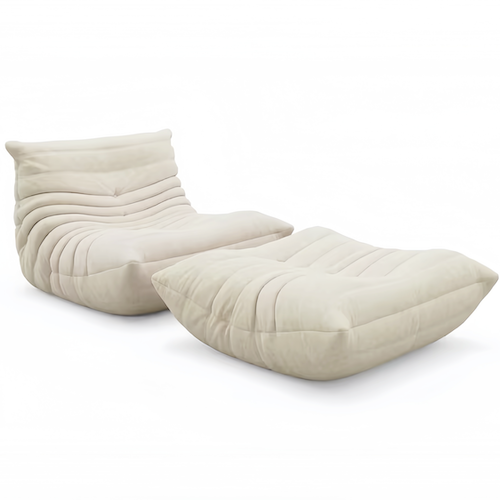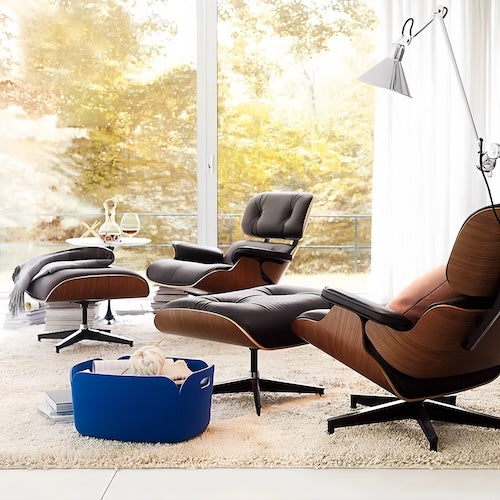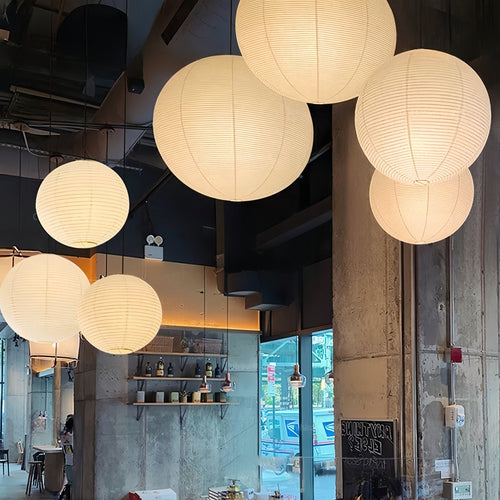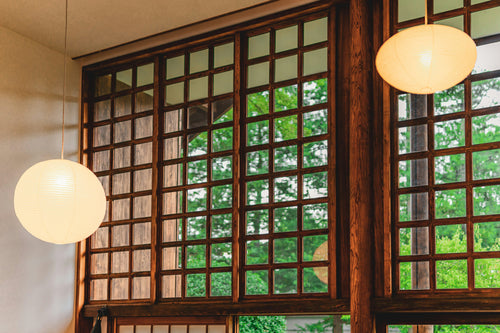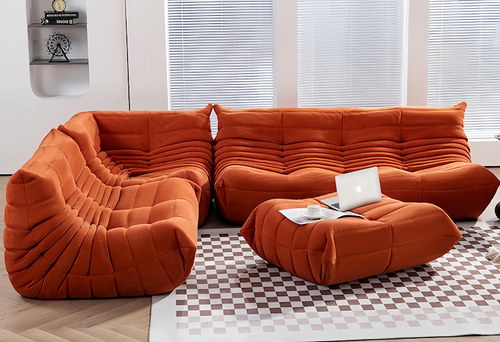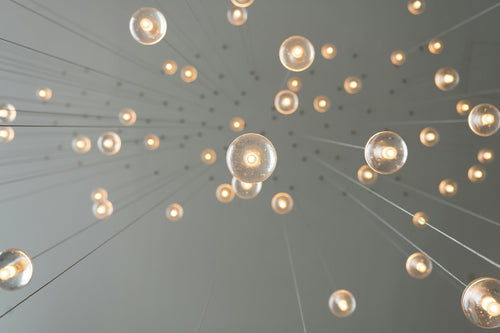You might wonder if decaf coffee can cause dehydration. Many people enjoy decaf coffee, which makes up about 15% of all coffee consumed in the U.S. But does it affect your hydration levels? Understanding this relationship is crucial for your health. Research shows that decaf coffee poses no dehydration risk. It acts like a hydrating beverage, similar to water. Unlike regular coffee, decaf doesn't have a significant diuretic effect. So, you won't find yourself running to the bathroom more often. Is Decaf Coffee a Diuretic? Not really. It's a safe choice for staying hydrated.
Understanding Decaf Coffee

What is Decaf Coffee?
Decaf coffee is just like regular coffee, but it has gone through a special process to remove most of its caffeine. You might wonder how this works. Well, the decaffeination process typically removes about 97% to 99% of the caffeine. This leaves behind a minimal amount that usually doesn't cause the stimulating effects you get from regular coffee.
Process of Decaffeination
The process of decaffeination involves several methods. One common method uses water, organic solvents, or carbon dioxide to draw caffeine out of the coffee beans. When you soak the beans in water, it releases the caffeine. However, this can sometimes result in a slight loss of flavor. Despite this, the process aims to preserve the taste and beneficial compounds found in coffee beans.
Caffeine Content in Decaf Coffee
You might be curious about how much caffeine remains in decaf coffee. Most decaf coffees contain only 2 to 20 mg of caffeine per cup. In contrast, regular coffee can have anywhere from 80mg to 300mg per cup. So, if you're looking to enjoy coffee without the jitters, decaf is a great choice.
Popularity and Consumption Trends
Decaf coffee has gained popularity among those who love the taste of coffee but prefer to avoid caffeine's side effects. It's a good option for people who want to enjoy their coffee without the buzz.
Reasons for Choosing Decaf
Why do people choose decaf? There are several reasons. Some people are sensitive to caffeine and experience jitters or insomnia. Others might want to enjoy coffee later in the day without affecting their sleep. Decaf offers the rich taste of coffee without these concerns.
Market Trends and Statistics
Decaf coffee makes up a significant portion of the coffee market. In the U.S., it accounts for about 15% of all coffee consumed. This shows a growing trend of people opting for decaf as part of their daily routine. Whether for health reasons or personal preference, decaf coffee continues to be a popular choice for many coffee lovers.
The Science of Dehydration
What is Dehydration?
Dehydration happens when your body loses more water than it takes in. This imbalance can affect how your body functions. You might think dehydration only occurs in extreme conditions, but even mild dehydration can impact you.
Causes of Dehydration
Several factors can lead to dehydration. You might lose water through sweating, urination, or even breathing. Sometimes, you might not drink enough water to replace these losses. Illnesses like fever, vomiting, or diarrhea can also cause dehydration. According to research, water loss can occur due to various reasons, including excess loss from the skin, kidneys, and gastrointestinal tract.
Symptoms and Effects
When you're dehydrated, your body sends signals. You might feel thirsty, tired, or notice dry skin and lips. Dark urine is another sign. More severe symptoms include headaches, muscle cramps, and dizziness. A study from the Penn State Department of Biobehavioral Health found that even mild dehydration can reduce your attention span. So, staying hydrated is crucial for both physical and mental performance.
How the Body Manages Hydration
Your body has a remarkable system to manage hydration. It constantly balances water intake and loss to keep you healthy.
Role of Electrolytes
Electrolytes play a vital role in maintaining this balance. These minerals, like sodium and potassium, help regulate fluid levels in your body. They ensure that your cells function properly. When you sweat or urinate, you lose electrolytes. Replenishing them is essential to avoid dehydration.
Importance of Water Balance
Water balance is crucial for your overall health. Your body needs water to regulate temperature, transport nutrients, and remove waste. Drinking enough water helps maintain this balance. For older adults, maintaining hydration is especially important. They may have reduced sensitivity to thirst, increasing their risk of dehydration. Drinking more water can help manage medical conditions like kidney disease and urinary tract infections.
Understanding how your body manages hydration can help you make informed choices about your fluid intake. By staying aware of the signs and causes of dehydration, you can ensure that you remain healthy and hydrated.
Is Decaf Coffee a Diuretic?
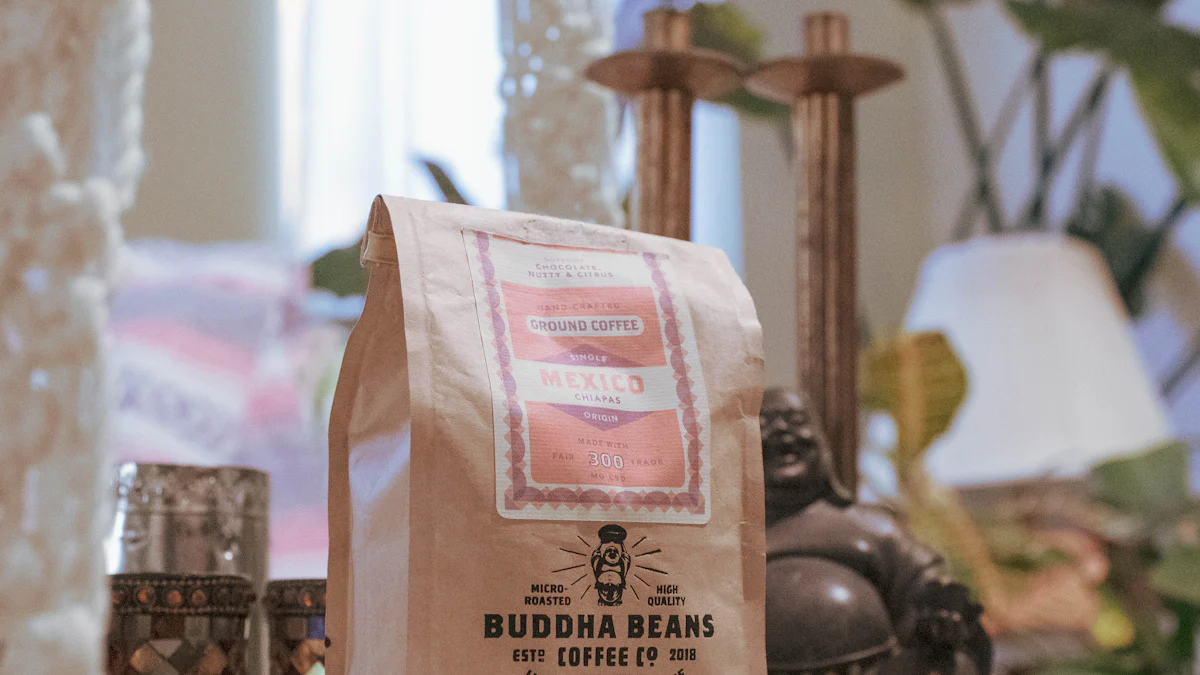
You might have heard people say that decaf coffee acts as a diuretic, making you run to the bathroom more often. But is this true? Let's dive into what experts and studies have to say.
Is Decaf Coffee a Diuretic?
Scientific Studies and Evidence
Decaf coffee contains only a small amount of caffeine, which is the main component responsible for the diuretic effect in regular coffee. Scientific studies have shown that decaf coffee does not significantly increase urine production. In fact, it behaves much like other non-caffeinated beverages, such as water, in terms of hydration. So, you can enjoy your cup of decaf without worrying about dehydration.
Various Experts in the field of coffee and diuretic effects have stated, "A common belief that circulates among many coffee enthusiasts is that decaf coffee acts as a diuretic, leading to increased urination and potential dehydration. However, scientific studies have debunked this myth, asserting that decaf coffee does not have a significant diuretic effect."
Expert Opinions
Experts agree that decaf coffee is not a diuretic. While it does contain a trace amount of caffeine, the effect is so mild that it doesn't lead to increased urination. This means you can sip on decaf coffee without worrying about it affecting your hydration levels.
Various Experts also note, "The short answer is no – decaf coffee is not a diuretic. Because it typically has very little caffeine, the effects from drinking caffeinated coffee are far less pronounced."
Comparing Decaf and Regular Coffee
Caffeine's Role in Hydration
Caffeine is the key player when it comes to the diuretic effects of coffee. Regular coffee contains a significant amount of caffeine, which can lead to increased urine production. However, since decaf coffee has most of its caffeine removed, it doesn't have the same impact on your body's hydration.
Other Compounds in Coffee
Coffee contains various compounds, including antioxidants, that contribute to its health benefits. These compounds remain in decaf coffee, allowing you to enjoy the perks of coffee without the diuretic effects. So, if you're looking to stay hydrated while still enjoying the taste and benefits of coffee, decaf is a great option.
Common Misconceptions and Myths
When it comes to coffee, especially decaf, myths abound. Let's clear up some common misconceptions.
Myth: All Coffee Causes Dehydration
You might have heard that drinking coffee leads to dehydration. This myth has been around for a while, but it's time to set the record straight.
Debunking the Myth
Coffee, including decaf, does not cause dehydration. The diuretic effect of coffee is often exaggerated. In reality, the amount of caffeine in decaf coffee is so low that it doesn't significantly increase urine production. Studies show that coffee, when consumed in moderation, provides similar hydrating qualities to water. So, you can enjoy your cup of decaf without worrying about dehydration.
Logical Reasoning:
- Premise: Coffee contains caffeine, which can have a diuretic effect.
- Conclusion: However, the diuretic effect is too low to cause dehydration on its own.
Understanding Individual Differences
Everyone's body reacts differently to caffeine. Some people might feel the need to urinate more frequently after drinking coffee, while others don't notice any change. It's essential to understand your body's response and adjust your coffee intake accordingly. But rest assured, decaf coffee won't dehydrate you.
Myth: Decaf is Completely Caffeine-Free
Another common misconception is that decaf coffee contains no caffeine at all. Let's clarify this.
Clarifying Caffeine Content
Decaf coffee isn't entirely caffeine-free. It typically contains about 2 to 20 mg of caffeine per cup. In comparison, regular coffee can have anywhere from 80mg to 300mg per cup. While decaf has much less caffeine, it's not completely devoid of it. This small amount of caffeine is unlikely to have any significant diuretic effect.
Logical Reasoning:
- Premise: Decaf coffee contains a minimal amount of caffeine.
- Conclusion: This small amount does not lead to dehydration.
Implications for Hydration
The trace amount of caffeine in decaf coffee doesn't impact your hydration levels. You can enjoy decaf coffee as part of your daily routine without worrying about it affecting your body's water balance. It's a great way to savor the taste of coffee without the jitters or dehydration concerns.
Practical Tips for Coffee Drinkers
Navigating the world of coffee while keeping your hydration in check can be a breeze with a few practical tips. Whether you enjoy regular or decaf coffee, understanding how to balance your coffee and water intake is key.
Balancing Coffee and Water Intake
Recommended Daily Water Intake
Staying hydrated is essential for your health. You should aim to drink about 8 cups (64 ounces) of water daily. This amount can vary based on factors like age, activity level, and climate. Coffee, including decaf, can contribute to your daily fluid intake. Studies show that coffee, when consumed in moderation, provides similar hydrating qualities to water. So, you can count your coffee as part of your daily hydration goal.
Tips for Staying Hydrated
Here are some simple tips to help you stay hydrated:
- Start your day with water: Before reaching for your morning coffee, drink a glass of water. This helps kickstart your hydration for the day.
- Alternate between coffee and water: For every cup of coffee, have a glass of water. This ensures you maintain a good balance.
- Listen to your body: Pay attention to signs of dehydration like thirst or dry mouth. If you notice these, increase your water intake.
- Carry a water bottle: Having water on hand makes it easier to sip throughout the day.
Choosing the Right Coffee for You
Selecting the right coffee involves considering your personal preferences and health goals. Here's how you can make an informed choice:
Factors to Consider
When choosing coffee, think about:
- Caffeine sensitivity: If you're sensitive to caffeine, decaf coffee is a great option. It has minimal caffeine content, reducing the risk of jitters or sleep disturbances.
- Flavor preferences: Some people prefer the robust flavor of regular coffee, while others enjoy the milder taste of decaf. Try different types to find what suits your palate.
- Health considerations: If you have specific health concerns, like high blood pressure, consult your doctor about your coffee consumption.
Personal Preferences and Health Goals
Your coffee choice should align with your lifestyle and health objectives:
- Weight management: If you're watching your calorie intake, opt for black coffee or use low-calorie sweeteners.
- Energy levels: Regular coffee can provide a quick energy boost, while decaf offers a more relaxed experience without the caffeine kick.
- Hydration focus: If staying hydrated is your priority, remember that decaf coffee is effectively as hydrating as drinking a cup of water.
By considering these factors, you can enjoy your coffee while maintaining a healthy balance in your daily routine.
You've learned that decaf coffee doesn't cause dehydration. It acts like a hydrating beverage, similar to water. Decaf coffee retains its original taste and aroma, making it a delightful choice for those who find regular coffee too bitter. So, next time you sip your decaf while enjoying a good book on your lounge side table, you can rest assured that the occasional coffee mug won’t disrupt your relaxation too much. Remember, your coffee choice should align with your personal preferences and health goals. So, make informed decisions based on what suits you best. Enjoy your coffee journey, knowing you're making choices that support your well-being.



